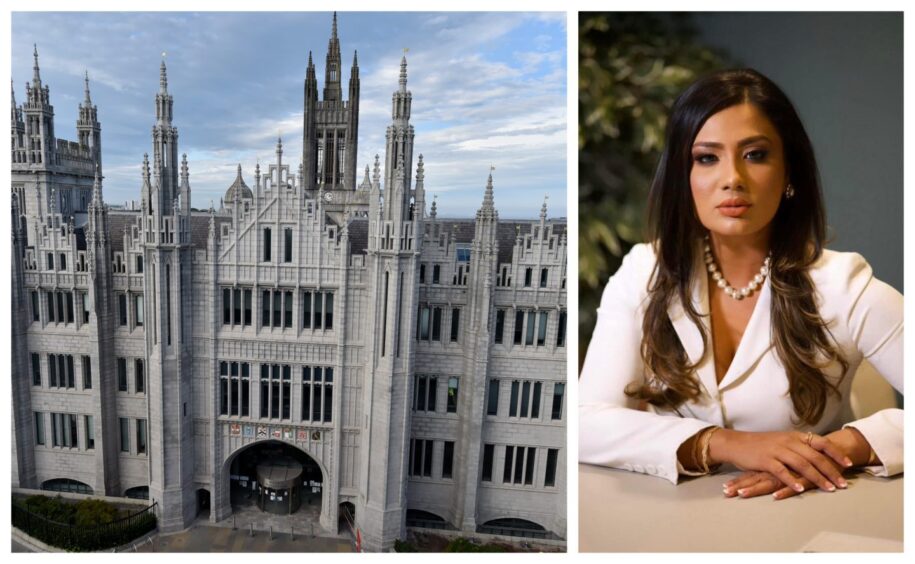
Politics is often seen as a realm where hard work, intellect, and passion can lead to success.
However, as a woman—and particularly as a woman of colour—my journey in this field has been anything but straightforward.
I have faced entrenched sexism, racism, ageism, and the additional challenges of being a migrant.
These intersecting forms of discrimination have meant I’ve had to work exponentially harder than my white, male counterparts just to be considered viable or electable.
Sexism: A Persistent Obstacle
Sexism in politics is deeply embedded, and for me, it has taken many forms. From being spoken over in meetings to having my contributions ignored until repeated by a man, I have experienced it all.
Even when I have proposed innovative ideas or demonstrated leadership, I have often found my abilities questioned simply because of my gender.
One glaring example is the fixation on my appearance. While my male colleagues are evaluated solely on their ideas and achievements, I have faced unnecessary scrutiny about my clothing, hairstyle, and even my tone of voice.
Comments about whether I am “tough enough” or “too emotional” highlight how women are unfairly judged by standards that have no bearing on their competence.
Such experiences reflect a wider societal bias that makes it more difficult for women to rise in leadership roles. Yet, they have only strengthened my resolve to challenge these prejudices.
Intersectional Challenges: Racism, Ageism, and Migrant Identity
The challenges of sexism are compounded by the intersections of race, age, and being a migrant.
As a woman of colour, I have faced overt and subtle racism that my white counterparts have never had to contend with. I’ve frequently heard comments like “She’s not a local; we need a local candidate,” which undermines my connection to the community I’ve lived in and served for over a decade.
Ageism has also been a factor. As a relatively young woman in politics, my expertise and capabilities have often been dismissed as “inexperience.” This double standard is infuriating, especially when I’ve seen less-qualified, older male colleagues rise quickly through the ranks.
Being a migrant adds yet another layer of discrimination. The perception that migrants are “outsiders” has made my journey all the more difficult. I’ve had to repeatedly prove my dedication, even when my commitment to my community is clear through my actions and accomplishments.
These intersecting barriers have made it necessary for me to constantly fight against stereotypes and prove my worth in ways that my male, white colleagues never have to.
The Pressure to Work Harder
One of the most disheartening realities of my career has been the need to work ten times harder than my white male counterparts to be deemed competent.
While they are often given the benefit of the doubt, I’ve had to consistently outperform expectations to even be considered on the same level.
This pressure to overachieve has been exhausting, both mentally and physically. However, it has also driven me to excel.
I’ve channelled my frustration into action, using the barriers placed in my path as motivation to continue moving forward.
Breaking Barriers: Becoming the First Woman of Colour Elected to Aberdeen City Council
Despite these challenges, I achieved a historic milestone by becoming the first woman of colour elected to Aberdeen City Council.
This was not just a personal victory but a step forward for diversity and representation in Scottish politics.
However, this achievement did not come easily. With no role models to guide me, I had to navigate uncharted waters on my own.
Every decision I made was scrutinised, and every mistake was magnified. Yet, this experience taught me resilience and resourcefulness, qualities that have shaped my leadership style today.
While I take pride in this accomplishment, it also highlights the urgent need for more inclusive political structures that provide support for women of colour entering politics.
The Role of Allies and Support Networks
One of the key factors that has helped me persevere is the support I’ve received from allies—both men and women—who have stood by me during moments of doubt and adversity.
These individuals have not only encouraged me but have also amplified my voice in spaces where it might otherwise have been silenced.
Having allies is critical in a field where systemic barriers are so prevalent. Their belief in my potential has been a powerful reminder of my own capabilities, and it is their support that has enabled me to stand firm in the face of relentless challenges.
A Vision for Change
My journey has been marked by hardship, but it has also been profoundly rewarding. It has given me a platform to advocate for systemic change and inspire others who face similar obstacles.
Sexism, racism, ageism, and xenophobia have no place in politics—or in any other aspect of society. By sharing my story, I hope to shine a light on these issues and encourage others to challenge the status quo.
I remain committed to creating a more inclusive and equitable political environment, one where women—particularly women of colour—can succeed without having to fight against constant prejudice.
My journey is a testament to resilience, but it is also a call to action. Together, we must work towards a future where the playing field is truly level, and leadership is defined by merit, not by privilege.
Recommended for you
